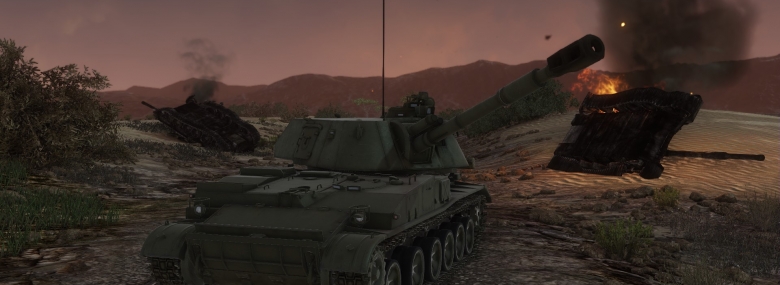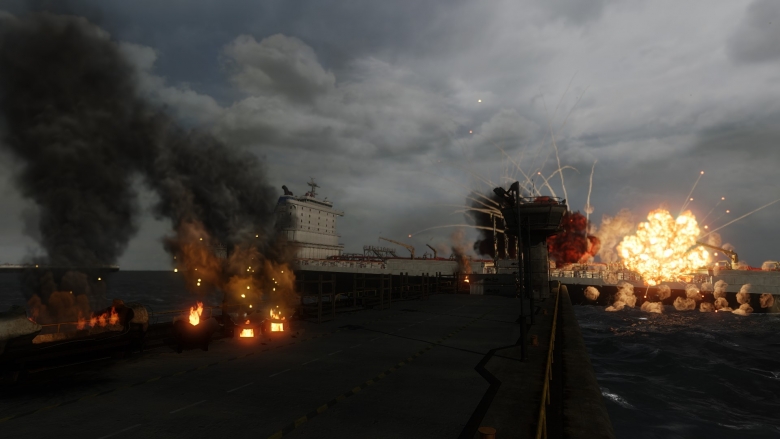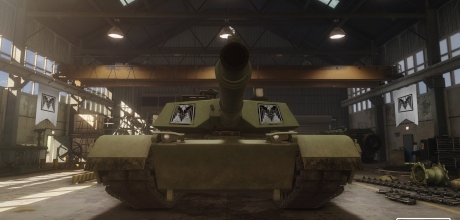
The hiring of mercenary forces is a practice as old as war itself (or at least as old as Ancient Egypt, circa 13th century BC), and in the current era of a world in crisis, modern mercenaries – or Private Military Companies (PMCs) – have become integral to the operations of many countries. None, perhaps, has done as much to establish itself as the paragon of security expertise as Elite LLC, and no country, perhaps, has done as much to cause this significant transformation in modern warfare as the United States.

In the early 2000s, the Defense Secretary of the United States argued for a more entrepreneurial approach to building up and running the military-industrial complex, one which would encourage the private sector to invest in: sophisticated weapon systems; the training and utilization of former Special Forces veterans; and the execution of covert actions. He said the new approach should incentivize the war leaders to be proactive, not reactive, and to behave less like bureaucrats and more like venture capitalists. Furthermore, the administration began drawing down many of their troops worldwide, leaving a shortage of land combat troops. This was amplified by a strong sense that the citizenry did not want to be caught in another endless series of conflicts, and the politicians bowed to this pressure.
One of the companies that benefitted enormously from this intersection of entrepreneurial philosophy and self-serving political stance was a little-known firm based in Arizona, with a small training camp out in the forbidding Yuma Desert. This small company was called Elite LLC, and founded by Lucas King, an American of Dutch descent. King trained as a Navy SEAL, and served in Haiti, the Middle East, and former Yugoslavia, but exited the service prematurely after the death of his father, and his inheritance of the family business: a billion dollar enterprise called the King Corporation.
During his deployments, King came up with the idea for a supreme teaching and training facility for military soldiers and law enforcement officers, to act as support and protection for countries that needed additional forces, countries that were ill-equipped to handle large scale security and protection intervention, and for private corporations with similar needs and desires.

He bought a huge piece of land out in one of the most hostile terrains in North America, the Yuma Desert, and constructed an ultra-modern, sophisticated facility. And he recruited veterans and taught them logistics planning, survival skills, management, counterinsurgency, infiltration, intelligence gathering, and state-of-the-art weapons training.
Simultaneously, King used his wealth and political sway to land his first contracts with the US government. He had powerful allies in government and he was in the perfect position to capitalize on their desires: to push forward the notion that corporations can deliver essential services better and a cheaper price than any large government can. King promised his company would be a patriotic extension of the US military, with supremely capable men and women who could play defense in a dangerous war zone, and bleed red, white, and blue as required.
Within a handful of years, Elite had gone from having a relatively miniscule $200,000 in government contracts to making well over a billion dollars annually. In recent years, more than half of their contracts were awarded to them without any real competition, let alone a full and open bidding process.

Elite operated with virtually no oversight from the US government. Considering the officials who were supposed to keep a watch on them were the same people that Elite protected overseas and occasionally at home – guarding their physical well-being, transporting them into and out of hot zones, escorting them as they strove to carry out their agendas – it was impossible for them not to have an immense sense of gratitude and look favorably towards Elite in most situations.
From that position of success and influence, King moved his private army into a full spectrum operation, expanding their presence globally, and making it known that he would be willing to help almost anyone – government, corporation, private individual – for the right price.
While Elite does their best to maintain a shiny, “good guy” reputation, over the last several years numerous dark rumors and stark allegations have swirled around them. They have been accused of numerous crimes, including: civilian deaths, especially when defending corporate interests like oil fields and diamond mines in conflict-ridden territories; damage to hospitals and schools by careless application of force; leaving unexploded munitions behind when abandoning an area; even using banned weapons, such as land mines and even chemical weapons. Elite has protested all these charges and none have been proven.

Elite LLC maintains a database of tens of thousands of former Special Forces troops, soldiers, and retired law enforcement agents. Elite’s personnel are pulled from the best militaries in the world and offered a very generous compensation package for their service. Their marketing bills them as a multinational peacekeeping force, with an emphasis in crowd control utilizing less-than-lethal techniques, who are also cable of dropping into hot conflict zones and securing and maintaining stable areas of operations.
Elite maintains a standing force that is many companies strong, and has a private fleet of aircraft, including helicopter gunships and a surveillance blimp division. Many of their weapons and vehicles are bought openly from defence contractors, although their books are private and rumors circulate that they will buy from whoever they need whenever they need it.
Elite’s 10,000-acre headquarters in Yuma, Arizona, is possibly the world’s largest private military facility. It also operates an intelligence division run by ex-military and ex-intelligence officials. It has more than $1 billion on the books in contracts with the US government alone, and an undisclosed amount in secret, black operations for corporations, foreign governments, and super-rich private citizens.
The multi-billion dollar enterprise engages in a wide-range of contracts: defense; homeland security (for various homelands); aerospace; natural disaster strategizing; foreign relations; and law enforcement. Elite does its job well, and it prides itself on being better than most, but some of that may come at a cost that is too high to bear.








